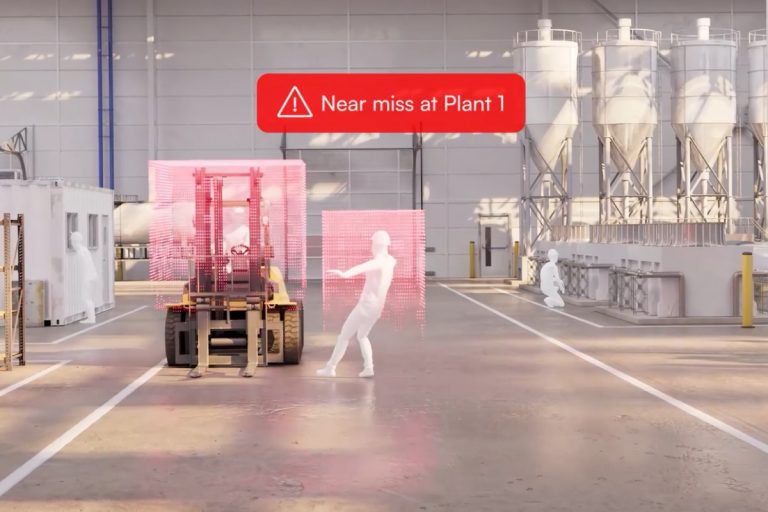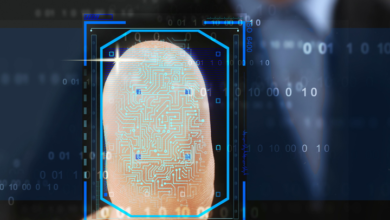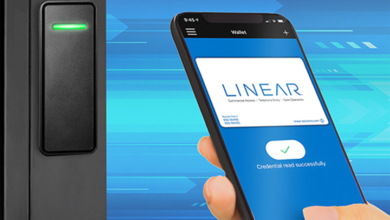Lumana launches with AI-powered video surveillance system

Lumana AI Inc., a provider of a cloud-based security platform with advanced image recognition capabilities, has emerged today with $24 million in seed funding.
The company’s technology enhances any security camera with AI, enabling it to identify complex events and risks. The platform utilizes a distributed hybrid cloud architecture, seamlessly integrating cloud and on-premises resources to optimize processing performance. Embedded deep learning models continuously improve, and customers can specify the types of events that trigger alerts.
“The customer needs to install Lumana Core, which comprises an AI engine and video processor,” explained founder and CEO Sagi Ben Moshe, former chief incubation officer at Intel Corp. after Intel’s acquisition of his previous company, 3D imaging firm Invision Ltd. “The Core processes video footage locally for greater reliability and speed, while also connecting to the cloud for communication with other Lumana devices and our video management application.”
Lumana referenced Forbes Business Research, noting that the video analytics market is projected to grow from over $8 billion this year to nearly $38 billion by 2030.
**Accessible Anywhere**
Lumana’s video security platform includes the AI engine and video processor, video management software accessible via web browser or mobile app, and security cameras, though it can work with any internet-connected camera.
Administrators can manage unlimited cameras and locations from a single console, featuring advanced user management, sharing capabilities, video playback, system health dashboards, and alert monitoring. Alerts are typically generated in less than a second.
Lumana enables real-time, natural language alerts and its self-learning capabilities reduce false alarms over time. The system can be configured for specialized alerts, such as detecting car break-ins, threatening behavior, or a worker’s failure to wear protective equipment.
The platform can recognize elements like faces, clothing, vehicle attributes, license plates, proximity, vehicle speed, loitering, tampering, unidentified individuals, and activity heatmaps.
**Fast Search**
A key feature of the platform is its ability to search millions of hours of video across multiple locations, returning results in seconds. Users can set various search parameters, such as vehicle attributes, to find specific footage.
“We run AI on the edge and, if necessary, continue processing in the cloud,” Ben Moshe stated. “We store the AI’s output in data structures designed for rapid big data queries, allowing customers to quickly search video for complex scenarios.”
Ben Moshe explained that multiple parameters can be combined to pinpoint specific footage. “For instance, if two people are seen together, one wearing a black hoodie and blue jeans and the other a white shirt with red shoes, last seen in a white Tesla with a partial license plate XYZ, our system will retrieve all matching scenes within seconds.”
The technology also supports “natural language alerts,” such as “alert me when an unknown person is detected at Building A, then 30 minutes later at Building B, and again the next day at Building B.”
Customizable dashboards allow users to monitor specific activities, such as unauthorized access, alert types by location, safety violations, near-miss accidents, and space utilization.







